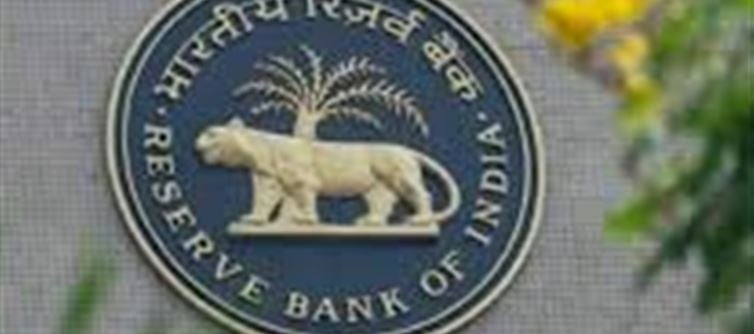
The Reserve bank of India (RBI) has announced a crucial update to its regulations concerning the settlement of claims related to deceased customers' accounts and lockers. The new rules are designed to streamline the process, reduce delays, and ensure that the legal heirs and nominees of deceased account holders are treated fairly and promptly. Here’s a breakdown of the key points and what they mean for you:
1. Banks Must Settle Claims in 15 Days
Starting from now, banks are required to settle claims of deceased customers—whether related to bank accounts or lockers—within 15 working days of receiving all the necessary documents. This drastically reduces the earlier turnaround time, which could sometimes extend into months, causing undue stress and financial difficulties for the deceased’s family members. The 15-day deadline aims to speed up the process and give families quicker access to the deceased’s assets.
2. Compensation for Delay: Banks Must Pay for Late Settlements
To ensure that banks adhere to these timelines, the RBI has introduced a significant provision: if the banks fail to settle the claim within 15 days, they will be liable to pay compensation to the claimant. This compensation will cover the interest lost during the delay, making it an important incentive for banks to speed up the process. The compensation will be calculated at the interest rate applicable to the account during the delay period.
3. Standardized Documentation: No More Confusion
In a bid to make the process more transparent, the RBI has also mandated the use of standardized documentation across all banks. This means that all banks will now require the same set of documents, including the death certificate, legal heir certificate, and succession certificate (if necessary). This will eliminate confusion, reduce the risk of missing or incorrect paperwork, and help avoid delays due to varying requirements at different financial institutions.
4. Clear Guidelines for Access to Lockers
Another major change is in the access to lockers of deceased customers. Previously, accessing a deceased person’s locker could be a cumbersome process, especially if there was no nominee listed. Under the new rules, nominees and legal heirs will have clear guidelines on how to access lockers. Banks must provide access promptly once the necessary documentation is submitted. This ensures that families are not left in limbo, unable to retrieve valuable documents or assets locked away.
5. Transparency and Accountability
In addition to setting the 15-day deadline, the RBI’s new rules also focus on improving transparency and accountability throughout the claims process. Banks are now required to provide clear communication with claimants, including timelines for each step and regular updates about the claim status. This will significantly improve the experience for families dealing with the loss of a loved one, as they will be kept informed at all stages of the process.
Final Thoughts:
The RBI’s new regulations are a much-needed reform to the way banks handle claims related to deceased customers. With 15-day settlement deadlines, standardized documentation, and provisions for compensation in case of delays, these rules offer a more efficient and transparent process. Families will no longer have to wait for months to access the accounts or assets of a deceased loved one, and the shift in liability encourages banks to act quickly. These changes are a step forward in making banking more customer-centric and ensuring that legal heirs are treated fairly.
Disclaimer:
The views and opinions expressed in this article are those of the author and do not necessarily reflect the official policy or position of any agency, organization, employer, or company. All information provided is for general informational purposes only. While every effort has been made to ensure accuracy, we make no representations or warranties of any kind, express or implied, about the completeness, reliability, or suitability of the information contained herein. Readers are advised to verify facts and seek professional advice where necessary. Any reliance placed on such information is strictly at the reader’s own risk.
.jpg)




 click and follow Indiaherald WhatsApp channel
click and follow Indiaherald WhatsApp channel